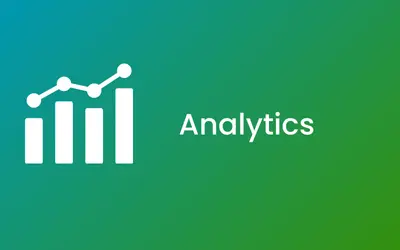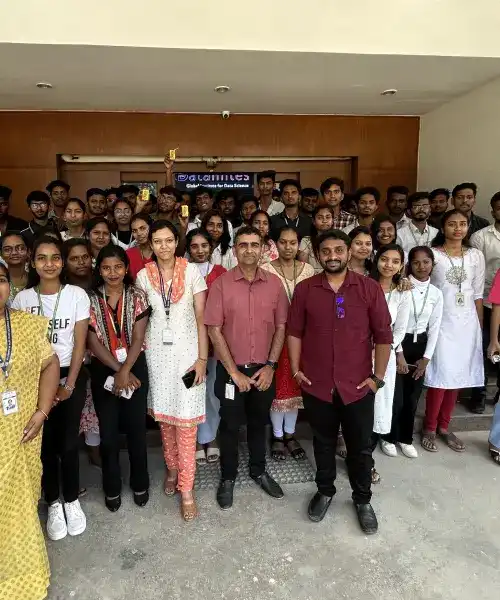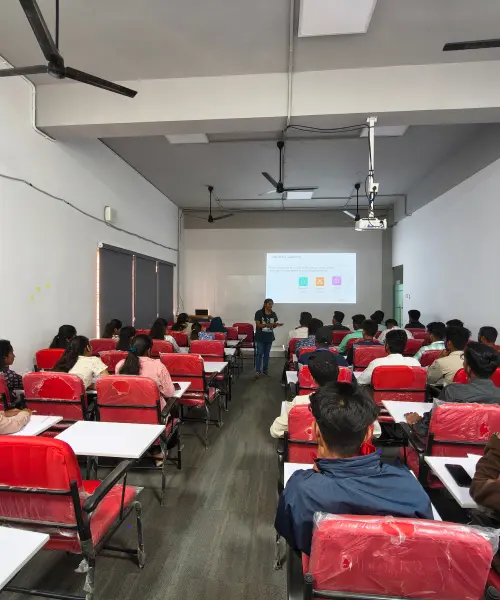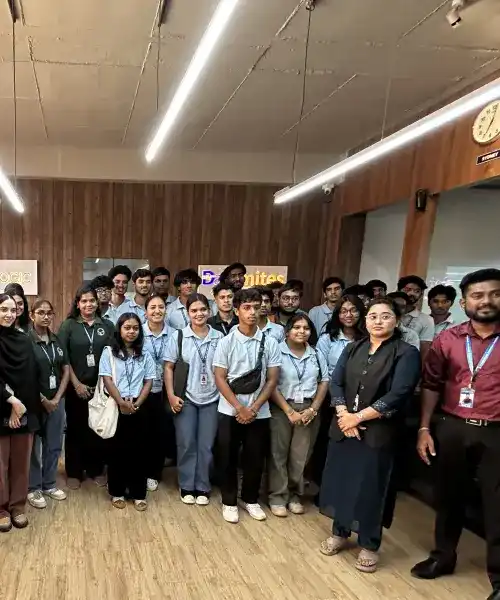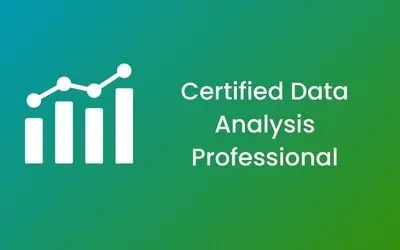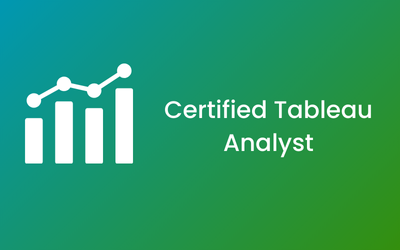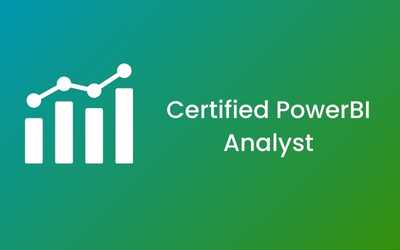ANALYTICS TRAINING IN BHOPAL
-

-
(13703 Reviews)
-
Career Opportunities: Discover promising career paths in Bhopal’s expanding analytics sector. Get ready for roles like data analyst or business analyst, where you’ll help organizations leverage data-driven insights to achieve success.
-
Essential Skills: Develop core skills in data visualization and statistical analysis, and become proficient with tools such as Tableau and Power BI. These capabilities will enable you to analyze data effectively and support business growth.
-
Practical Experience: Build valuable hands-on experience through real-world projects and internships with top companies in Bhopal. This practical exposure will enhance your confidence and prepare you for a successful career in analytics.
